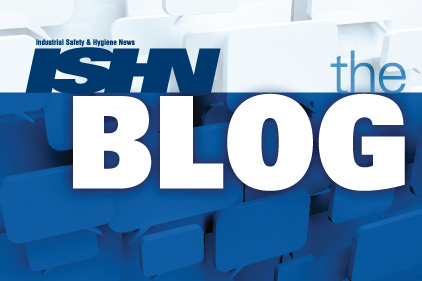Have we made peace with work-life balance?


In the current issue of the Harvard Business Review the cover story details how senior-level executives, both men and women of course, deal with the work-life balance hassle. The takeaway: everyone struggles with it; there are options that depend on things like ambition, age, individual financial resources, and individual support networks.
The thing that struck me was the article, being HBR, naturally focused on executives. What about the rest of us?
There are safety implications here, as you know.
If your workforce struggles daily, weekly, with balancing responsibilities and obligations on the home front and at work, distractions, worries, fatigue and distress pile up. Mental mistakes occur. Violations, OSHA or otherwise, happen. Maybe an employee is caught for speeding leaving work to pick up the kids, or runs a red light, or rushes to finish a job and they are just not thinking straight.
But here it is 2014. Doesn’t all this sound like old news?
I wrote an article in the mid ‘90s titled, “Frayed nerves.” The cover pictured a piece of rope unraveling.
One of the first pieces I wrote for ISHN in the early ‘80s – man am I dating myself or what – was on workplace stress. I remember interviewing a psychology professor at Drexel University. He was charged up about the subject. It was all new to me, a couple of years out of school.
That was then, this is now.
Baby boomers, the bulk of the workforce, have been there, done that stress thing, you could say. At this point they’ve raised their kids most likely. Dealt with the bills and the compromises and sacrifices and guilt, if there is any. Their own aging parents are now an issue. Boomers have fought the good fight. Continue to do it. Retirement is close or not close enough. There are still planes to catch, meetings and more meetings, an expanding load of work for many.
The stress, after three or nearly four decades of work, is, what, ingrained? Just taken for granted?
Bitching and grumbling and resentments continue, but there’s sort of a learned helplessness about it.
As in, what do you expect? Of course I’m stressed. Show me someone who’s not.
The saving grace for many safety and health pros is their continuing high job satisfaction, according to ISHN surveys. Enjoying your work, seeing purpose in your work, is an antidote for stress.
What scares me is stress is trickling down and starting in on people – kids – certainly at a younger age than when I was a wee one. Ah, those were simpler, black and white, three TV channels, morning and evening newspapers, 36 cents for a gallon of gas times.
Now the pressure is on the young ‘uns to show us what they’ve got. On the field. On the report card. On the stage. In the gym. Can they get a scholarship? Can they make varsity? Can they get into advanced placement courses? Can they find a job?
I think the work-life balancing act is, and will be, harder for Gen-Xers, Millennials or whatever you want to call the crowd coming up behind the boomers. How do they get ahead? Afford a house, a couple of kids? In this economy? Many of these kids are wound up and wired before they even hit the job market.
Every generation thinks they’ve had it tough. I think boomers got a pretty good deal, coming after WW2 and before good jobs dried up. Generation next… I’m not so sure about. And let’s not even get into the environmental mess we’re leaving to them to clean up.
